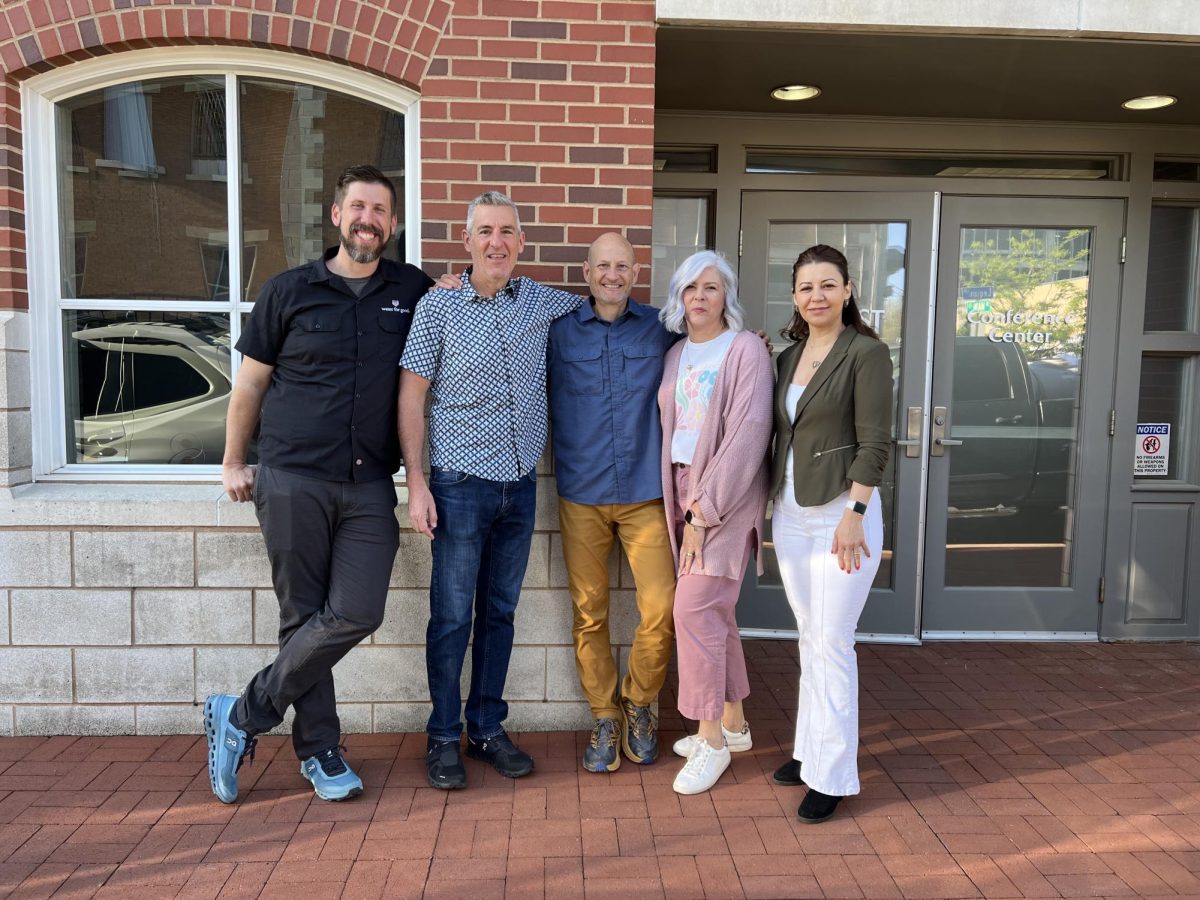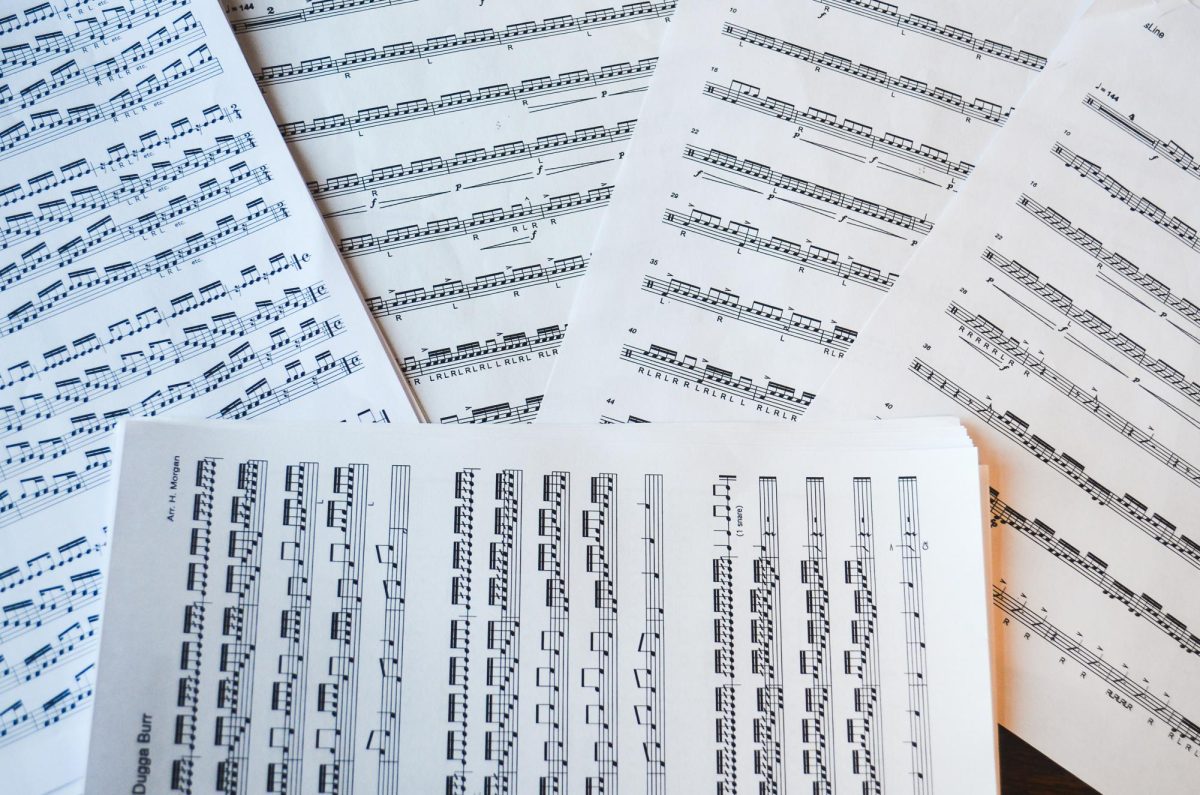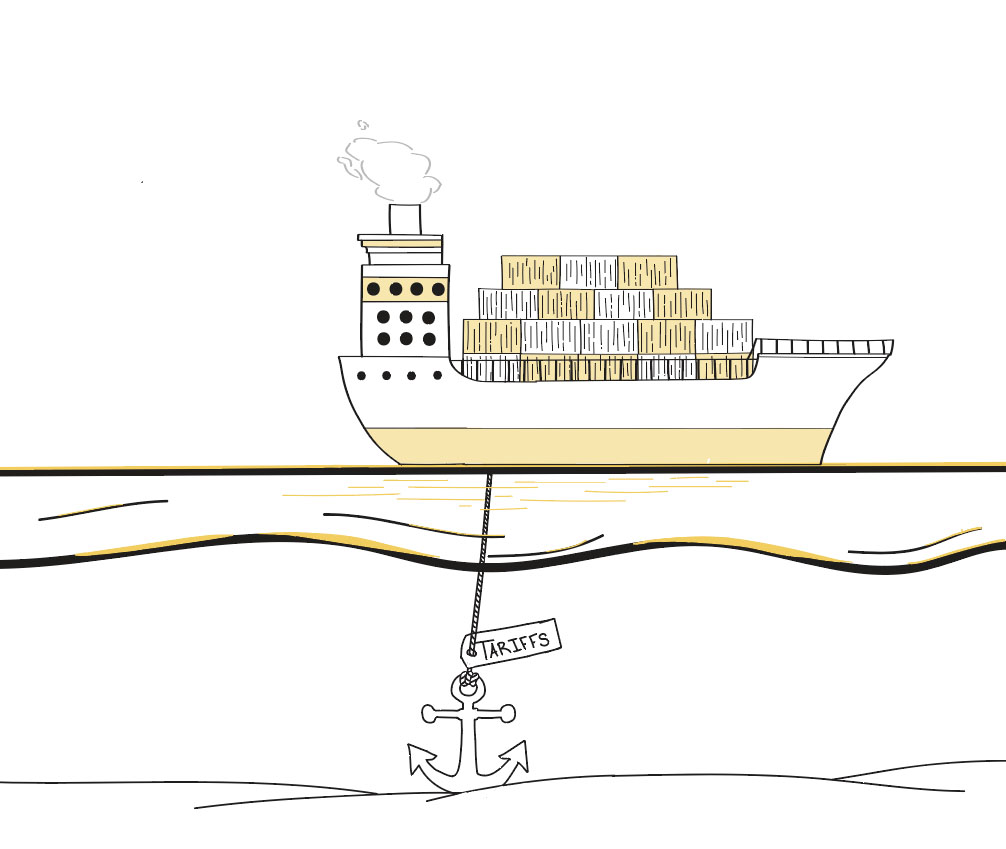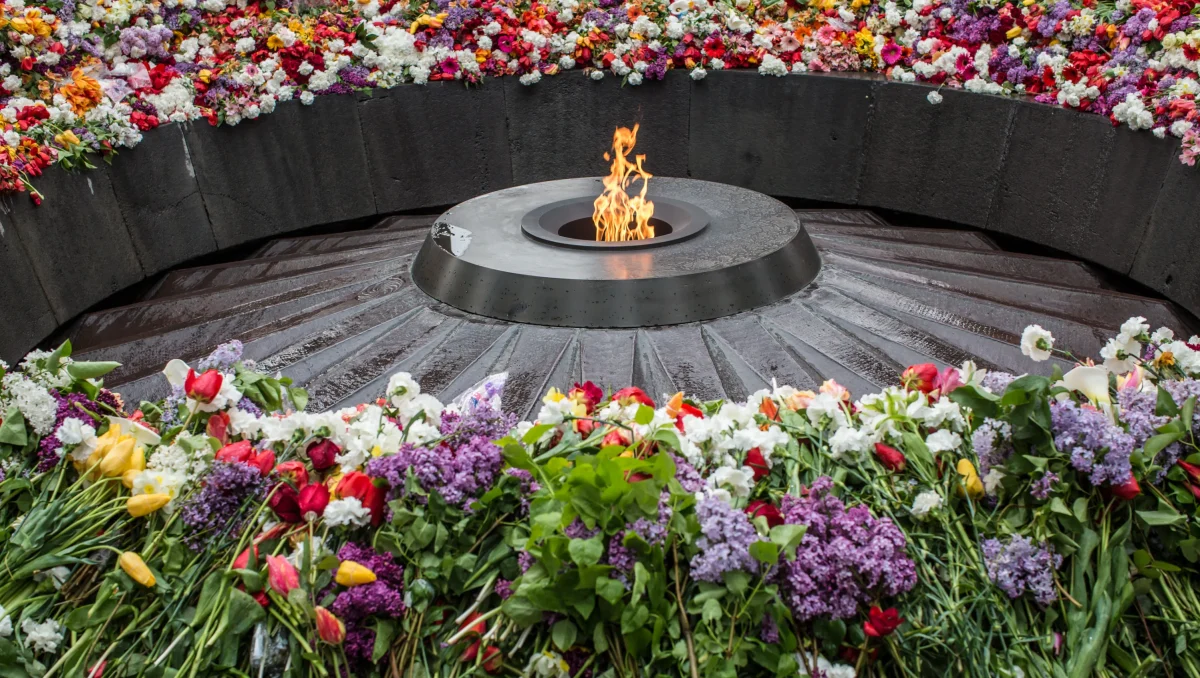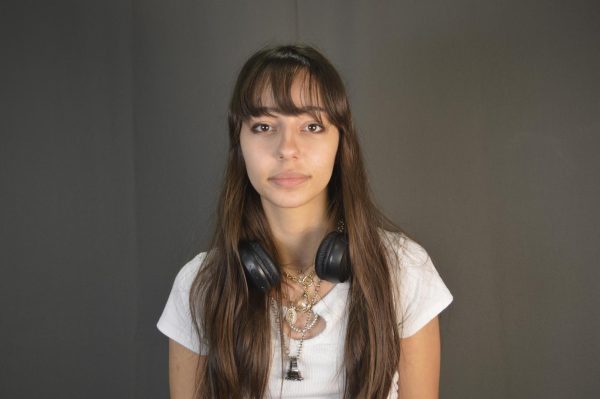Turning off the news, closing the door to politics, isolation of all influence and sources are what many western modern societies end up doing as a way to cope with the overwhelming amount of issues that are ongoing in the world. It’s easy to turn off your television out of despair the moment the news is projected onto the screen, but what would history look like if it weren’t for the people who stayed hopeful when times were hopeless? The times that didn’t guarantee an easy, prosperous life for civilians globally, that we are taught of all the influential figures in history class? If a problem has emerged, there’s usually a way to get out of it. One major issue we can see currently stems from unsanitary drinking water in Africa.
Water for Good is a non-profit organization that works to provide not only clean water, but systematic and environmental management to further reduce water-borne disease for civilians in Africa. Noblesville resident Jim Hocking, the founder of Water for Good, focused on working to improve water conditions primarily in the Central African Republic. However, with the organization’s recent merger with another non-profit organization, Life Water, both of the organizations are able to advocate for systems of sanitation and hygiene to Uganda, Tanzania, Cambodia, and Ethiopia. Andre Arceneaux, the senior manager of public relations and community engagement for Water for Good, has seen what can happen when people start to care.
“The current statistic is that every two minutes a child under five dies from a preventable water borne disease and the word that really gets me is ‘preventable. So there are things that we can do, steps that we can take as a community that has this resource, to make sure that these 703 million people will now have a better chance of achieving it,” Arceneaux said.
Water for Good and Life Water have included three-year time frame projects that are helping more than 20,000 people. This usually translates to 100 different villages, with workers going door to door educating and training civilians in necessary sanitation, hygiene, and the encouragement of building restrooms to fight open defecation issues. Seda Arzumanyan, the chief development officer of Water for Good agrees.
“It’s not only clean water but sanitation and hygiene altogether. So if you have clean water but you don’t have sanitation and hygiene, it’s not going to solve the problem. All these issues come together,” said Arzumanyan.
Engineering staffs are stationed in each country, providing geological surveys and water system designs that manifest into wells or springs, and further habilitate protection around them. This systematic approach is in place not only to combat water borne diseases, but to make the process of accumulating water safer for civilians, especially women and children. Dirk McCoy, the regional director in donor relations of Life Water, knows about the matter.
“They have water, but it takes on average an hour and a half to go get it, and even when they do go get it it’s not even guaranteed to be safe. If you could imagine telling your child to go get water, on the way they get attacked by an animal, assaulted, or they could fall into these water holes and drown. It’s a horrible situation,” said McCoy
Both organizations strive to make water accumulation and treatment as easily obtainable as possible. This includes drilling deep wells that will last for more years than wells would survive on average, installing solar powered pumps instead of hand pumps, and ensuring that numerous tap stands are readily available for use.
“In the middle of Tanzania, we actually had an agreement with the government that we’re able to tap into the lake of Victoria and use piping systems, solar powered pumps to get water to people,” said Arceneaux.
With all this in mind, Western societies in particular can contribute to the advocacy of basic human essentials such as drinking water. Arceneaux in particular shares his excitement in regards to providing such in future generations to come.
”I’m really excited about the upcoming generation of people in America that you all have a passion to help others and realize that there are these human rights issues that exist and that you can do something,” Arceneaux said. “All of us can make a contribution to uplift others. I applaud all the generations below me for stepping up. I’m super excited.”



